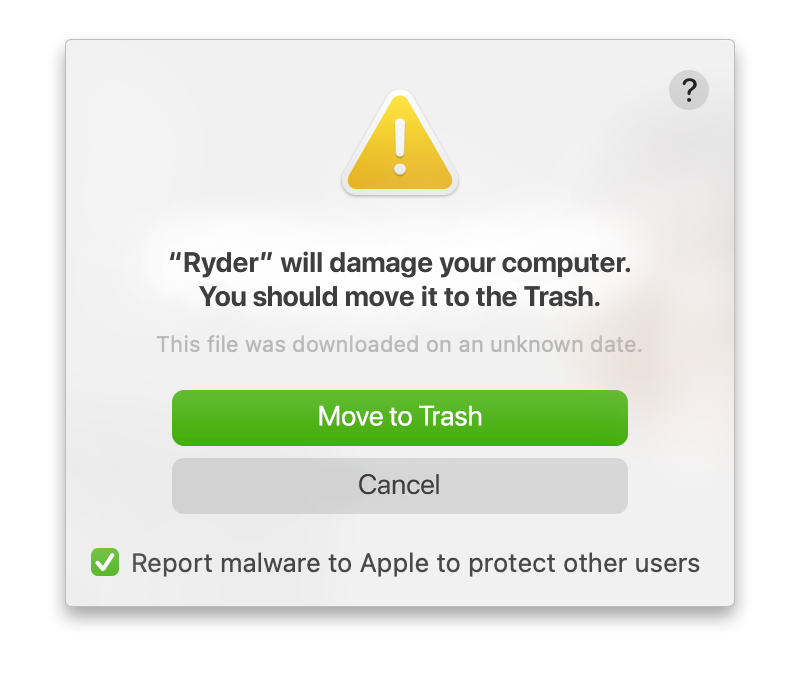Tips to combat the “Ryder will damage your computer” alert on Mac
The alert stating “Ryder will damage your computer” serves as a critical warning linked to a specific ad-generating entity known as Ryder, meticulously engineered to infiltrate Mac systems. As a potent advertising mechanism, Ryder seamlessly integrates with prevalent Mac browsers such as Safari, Chrome, and Firefox, functioning as a browser extension. Its primary operation involves inundating the browser with a diverse spectrum of online advertisements and directing users toward particular sponsored web domains. Recognized as a browser hijacker, Ryder’s invasive actions include altering vital browser configurations, such as the homepage and search engine, coupled with initiating unexpected navigational redirects. These modifications are not merely inconvenient; they significantly amplify the risk of exposure to harmful online material.
The adaptability and tenacity of Ryder, particularly in its compatibility with an extensive array of Mac browsers, are sources of significant concern. Its design allows for a challenging removal process, often possessing the capability to reinstate itself post-initial eradication efforts. This enduring presence signifies an ongoing hazard to the user’s online safety and the overall integrity of the system. The dangers linked to Ryder surpass mere irritation. Although Ryder in itself is not inherently damaging, the advertisements and web domains it endorses could lead users towards more severe threats such as Trojan horses, spyware, or ransomware. Moreover, Ryder’s ability to track browsing patterns and gather personal data introduces grave privacy issues. It has the potential to reroute searches to unverified and possibly malicious sites, thereby endangering personal information and system security.

Confronting the persistent and vexing alerts like “Ryder will damage your computer” necessitates an understanding that these warnings often originate from more profound systemic issues. The designations displayed in these alerts are typically arbitrary and devoid of meaning, with a slim likelihood of corresponding to any readable file on the Mac. This complexity renders the resolution process arduous, as comprehensive searches may fail to produce the expected outcomes.
Read more of this article »
